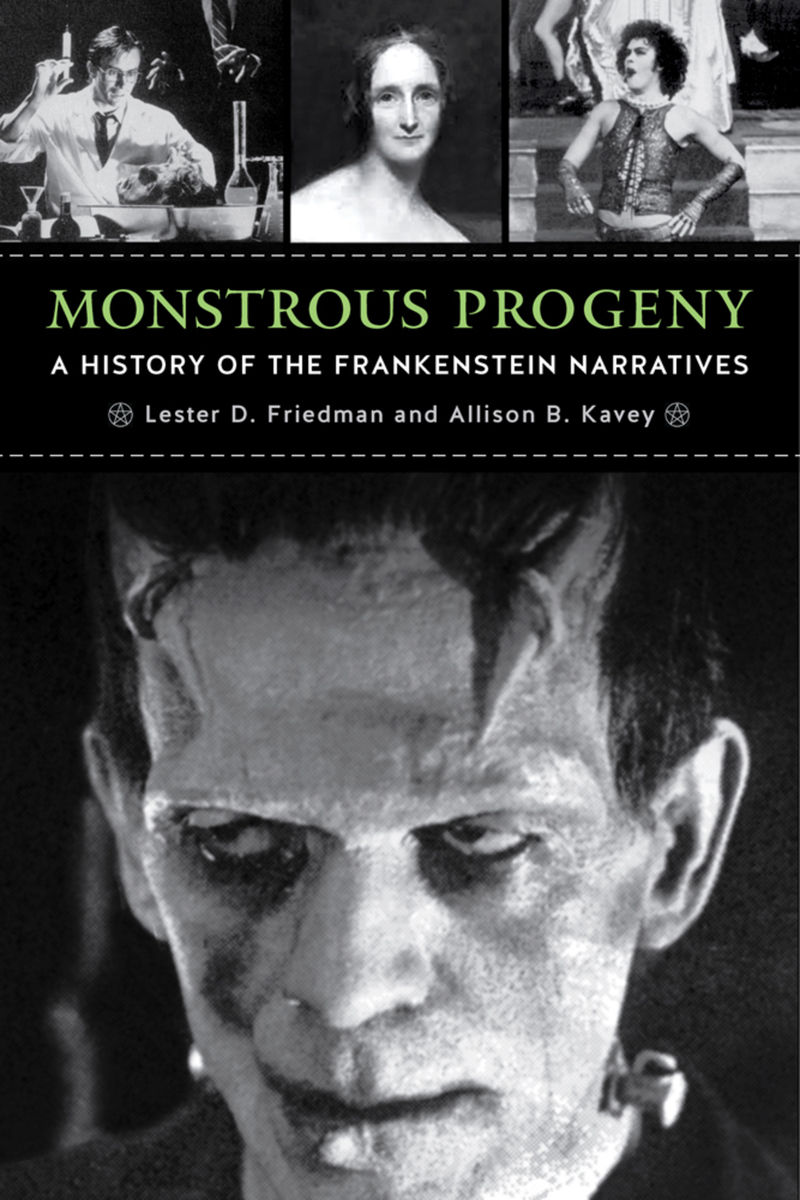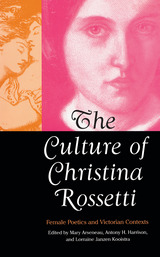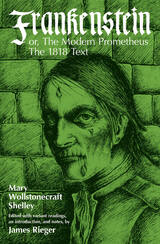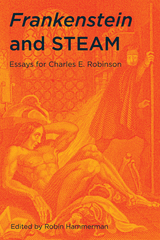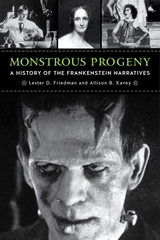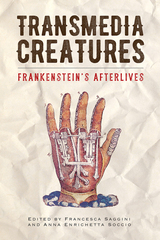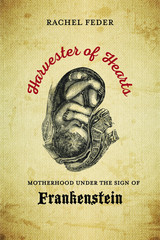"Written in a most accessible style even as it presents a complicated history and series of analyses, Monstrous Progeny combines discussion of the original Frankenstein with issues of adaptation in theater, literature, cinema, and other media."
— Rick Worland, author of The Horror Film: An Introduction
"This fascinating study spotlights [Mary] Shelley's enduring impact on cultural representations of monstrosity, particularly as it shifts in relation to social and ethical codes... [Monstrous Progeny] will appeal to readers interested in unpacking some of the literary, historical, and scientific underpinnings of popular culture."
— Library Journal
"Everyone recognizes the face of Frankenstein’s monster. But behind that familiar, frightening visage are some deep, dark roots. Lester D. Friedman and Allison B. Kavey’s fascinating Monstrous Progeny digs deep to uncover the many offshoots of the Frankenstein family tree."
— Parade Magazine
"This lively and exciting analysis of the Frankenstein narratives, as found throughout literature, film, and cultural history, has an epic scope and depth. A tremendously impressive accomplishment."
— Stephen Prince, author of Movies and Meaning: An Introduction to Film
"Monstrous Progeny invites us to reflect on two hundred years of a prolific, and horrific, creation."
— New Statesman
"The most thorough exploration of the bizarre course the Frankenstein myth has taken since Mary Shelley conceived it 200 years ago this summer."
— Town Topics
"Gives in-depth consideration to the story through the lenses of psychology, feminism, queer theory, and sociology, citing major arguments and criticism for each … Recommended."
— Choice
— WXXI's Connections with Evan Dawson
"Monstrous Progeny makes for a handy and entertaining introduction to teach an undergraduate class on the twentieth-century films and series indebted to Mary Shelley’s novel."
— Cercles
"Monstrous Progeny admits the possibility that later fictions are worth studying by tracing the evolution of the Frankenstein narrative. It focuses mainly on film, though, the most powerful medium for disseminating Frankensteinian stories in the 20th century, just as theatre productions did most to spread the narrative in the 19th century."
— Studies in History and Philosophy of Science Part C
"Monstrous Progeny recognize[s] that much of what we now associate with Frankenstein developed as a result of the creative inspiration that Shelley’s work spawned in others. Just as Shelley herself was inspired by the nascent work of late eighteenth- and early nineteenth-century scientists, so have artists, writers, and performers continued to find their inspiration in her story."
— Science Fiction Studies
"Written in a most accessible style even as it presents a complicated history and series of analyses, Monstrous Progeny combines discussion of the original Frankenstein with issues of adaptation in theater, literature, cinema, and other media."
— Rick Worland, author of The Horror Film: An Introduction
"This fascinating study spotlights [Mary] Shelley's enduring impact on cultural representations of monstrosity, particularly as it shifts in relation to social and ethical codes... [Monstrous Progeny] will appeal to readers interested in unpacking some of the literary, historical, and scientific underpinnings of popular culture."
— Library Journal
"Monstrous Progeny admits the possibility that later fictions are worth studying by tracing the evolution of the Frankenstein narrative. It focuses mainly on film, though, the most powerful medium for disseminating Frankensteinian stories in the 20th century, just as theatre productions did most to spread the narrative in the 19th century."
— Studies in History and Philosophy of Science Part C
"Monstrous Progeny makes for a handy and entertaining introduction to teach an undergraduate class on the twentieth-century films and series indebted to Mary Shelley’s novel."
— Cercles
"Gives in-depth consideration to the story through the lenses of psychology, feminism, queer theory, and sociology, citing major arguments and criticism for each … Recommended."
— Choice
"This lively and exciting analysis of the Frankenstein narratives, as found throughout literature, film, and cultural history, has an epic scope and depth. A tremendously impressive accomplishment."
— Stephen Prince, author of Movies and Meaning: An Introduction to Film
"Monstrous Progeny recognize[s] that much of what we now associate with Frankenstein developed as a result of the creative inspiration that Shelley’s work spawned in others. Just as Shelley herself was inspired by the nascent work of late eighteenth- and early nineteenth-century scientists, so have artists, writers, and performers continued to find their inspiration in her story."
— Science Fiction Studies
"The most thorough exploration of the bizarre course the Frankenstein myth has taken since Mary Shelley conceived it 200 years ago this summer."
— Town Topics
— WXXI's Connections with Evan Dawson
"Monstrous Progeny invites us to reflect on two hundred years of a prolific, and horrific, creation."
— New Statesman
"Everyone recognizes the face of Frankenstein’s monster. But behind that familiar, frightening visage are some deep, dark roots. Lester D. Friedman and Allison B. Kavey’s fascinating Monstrous Progeny digs deep to uncover the many offshoots of the Frankenstein family tree."
— Parade Magazine
